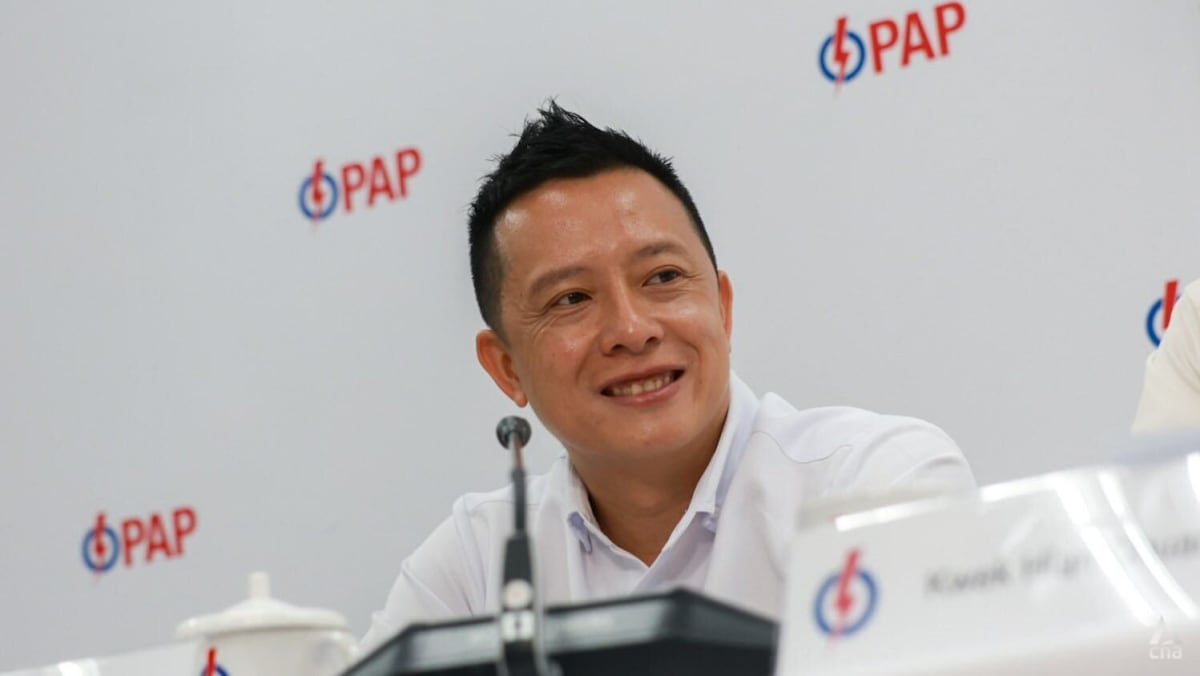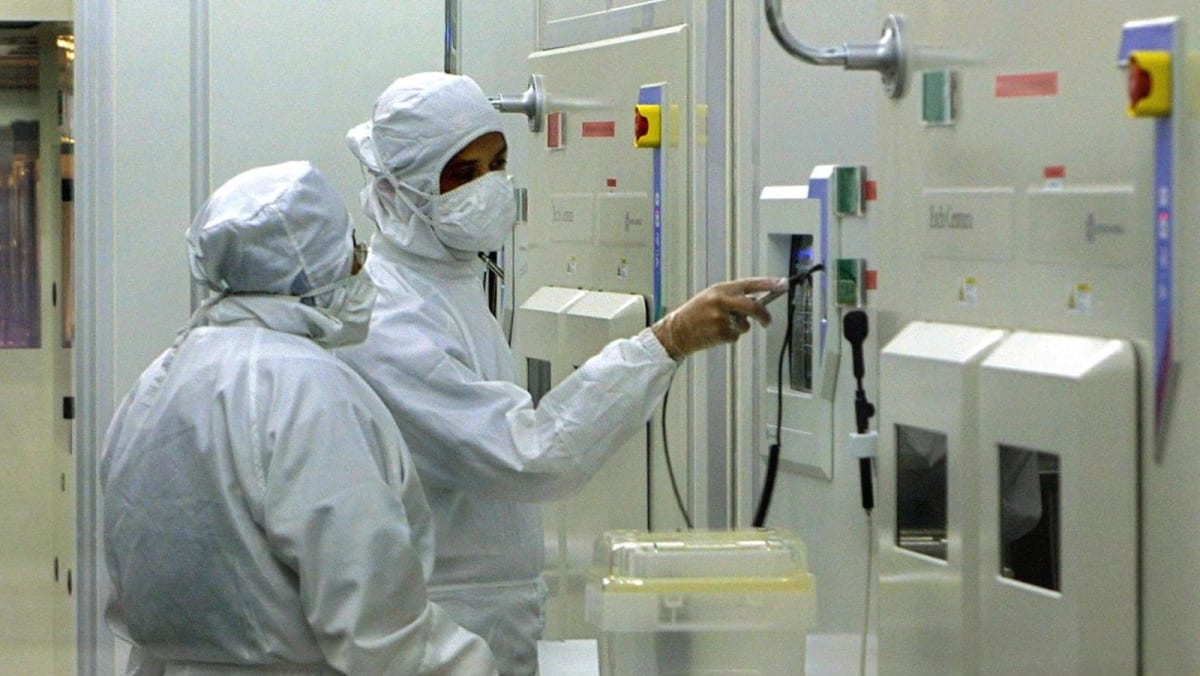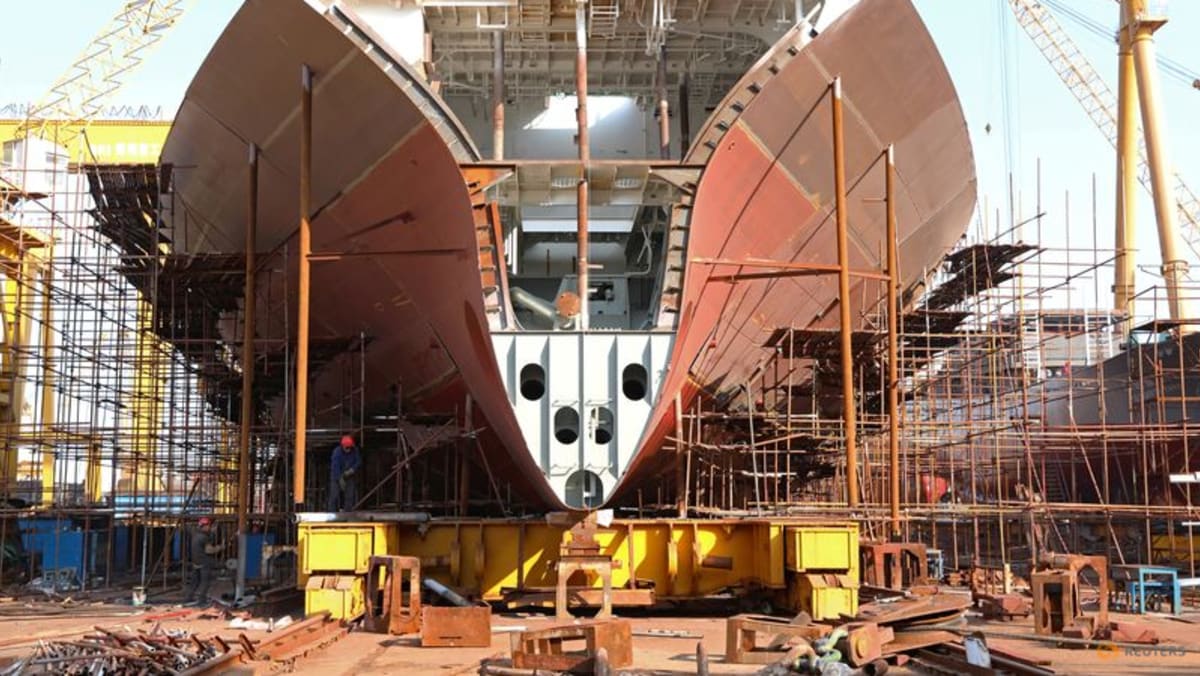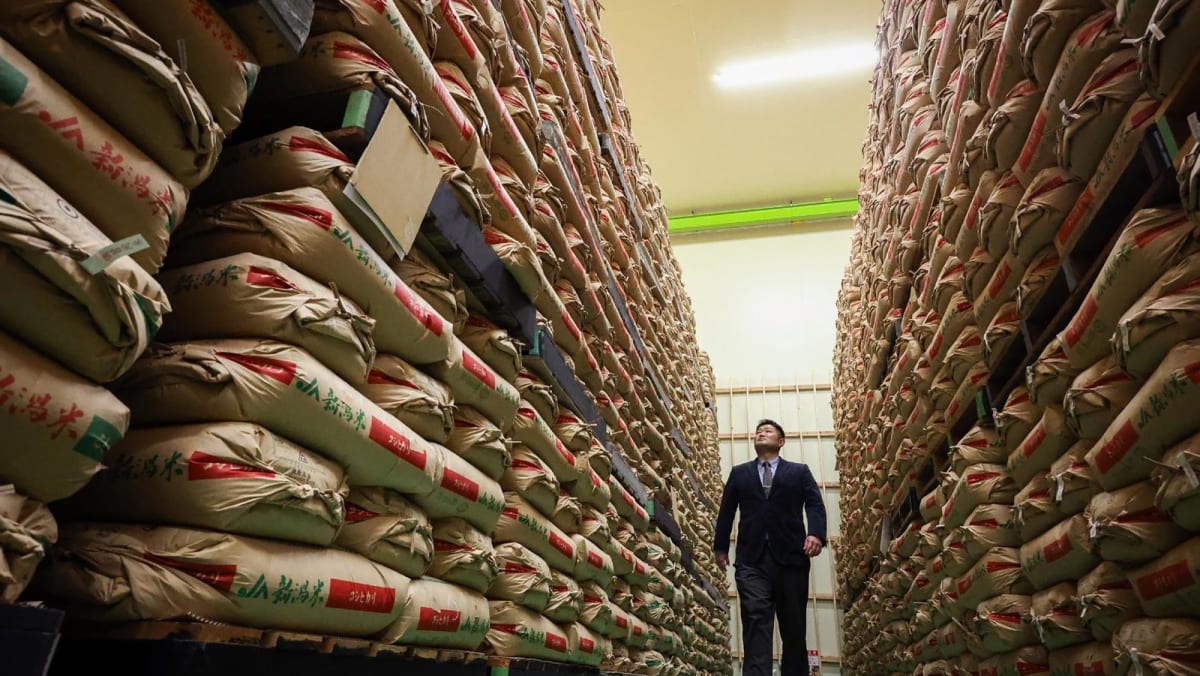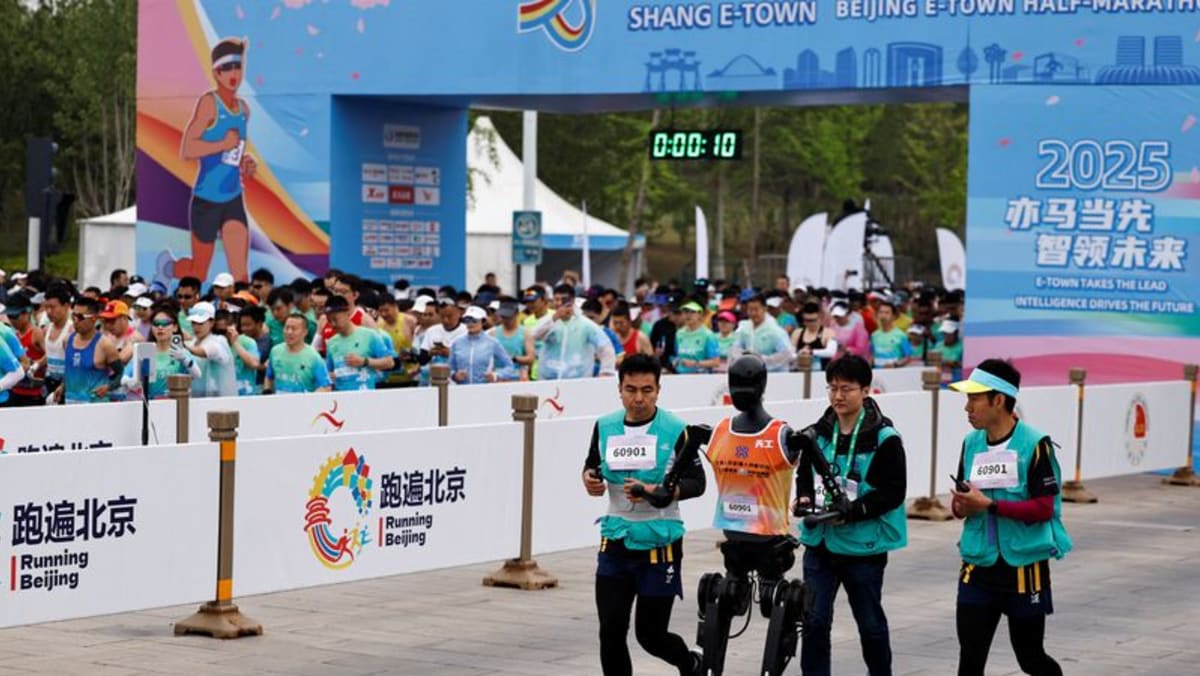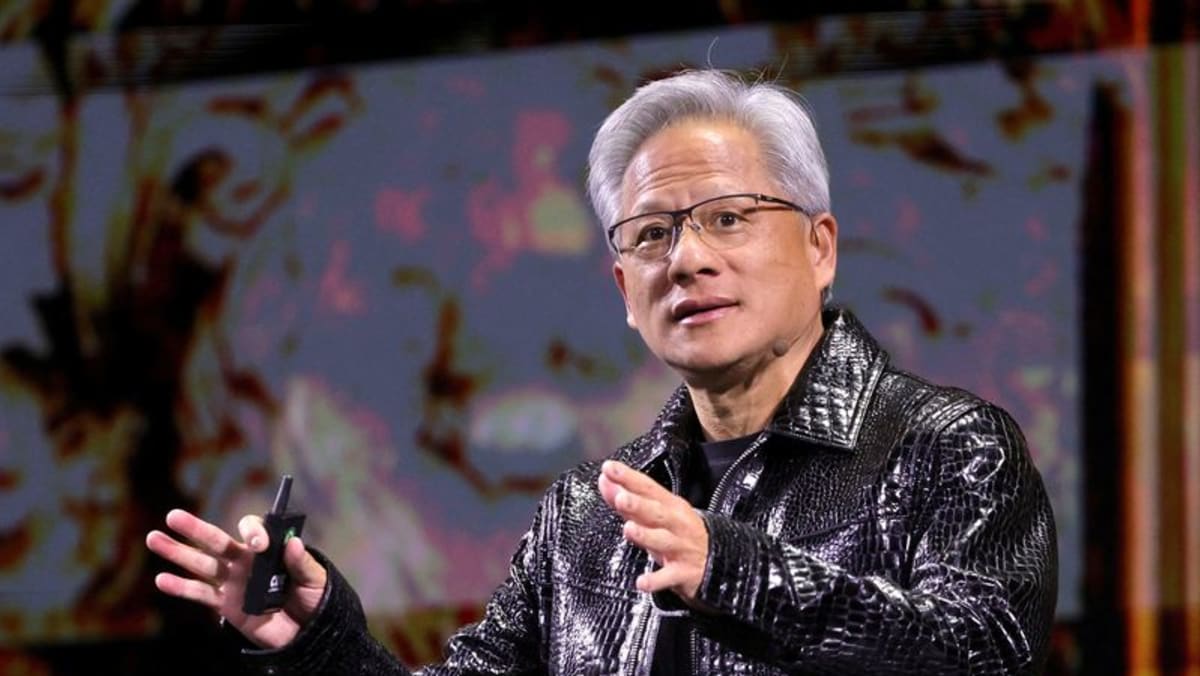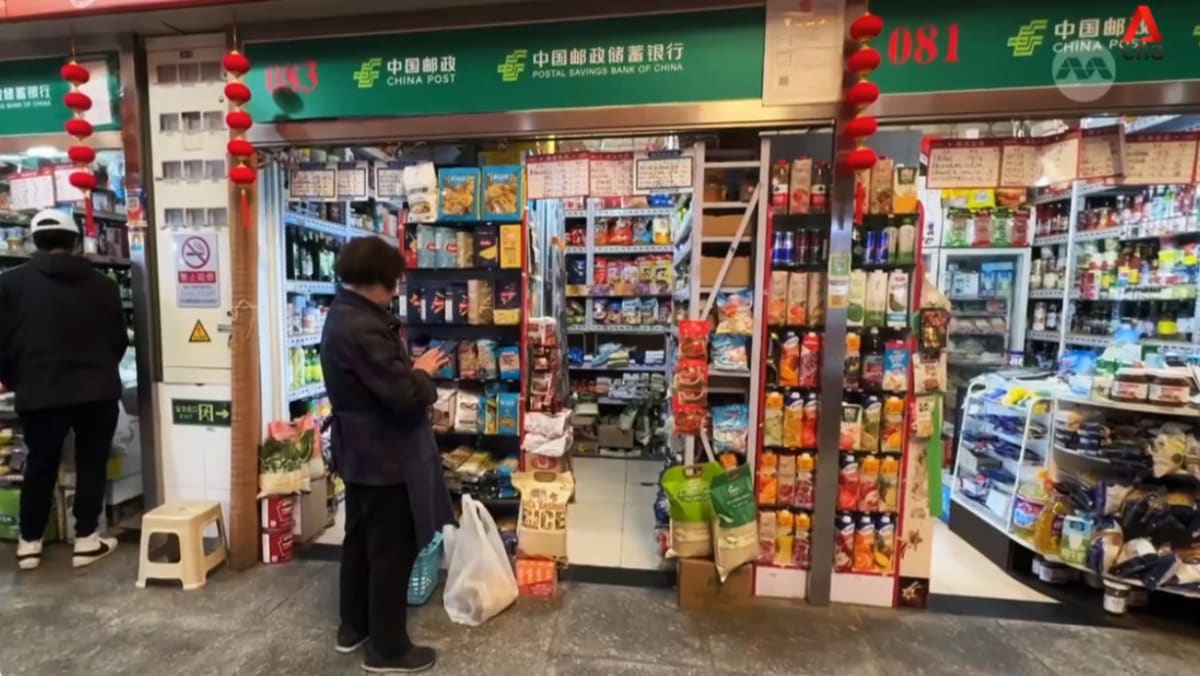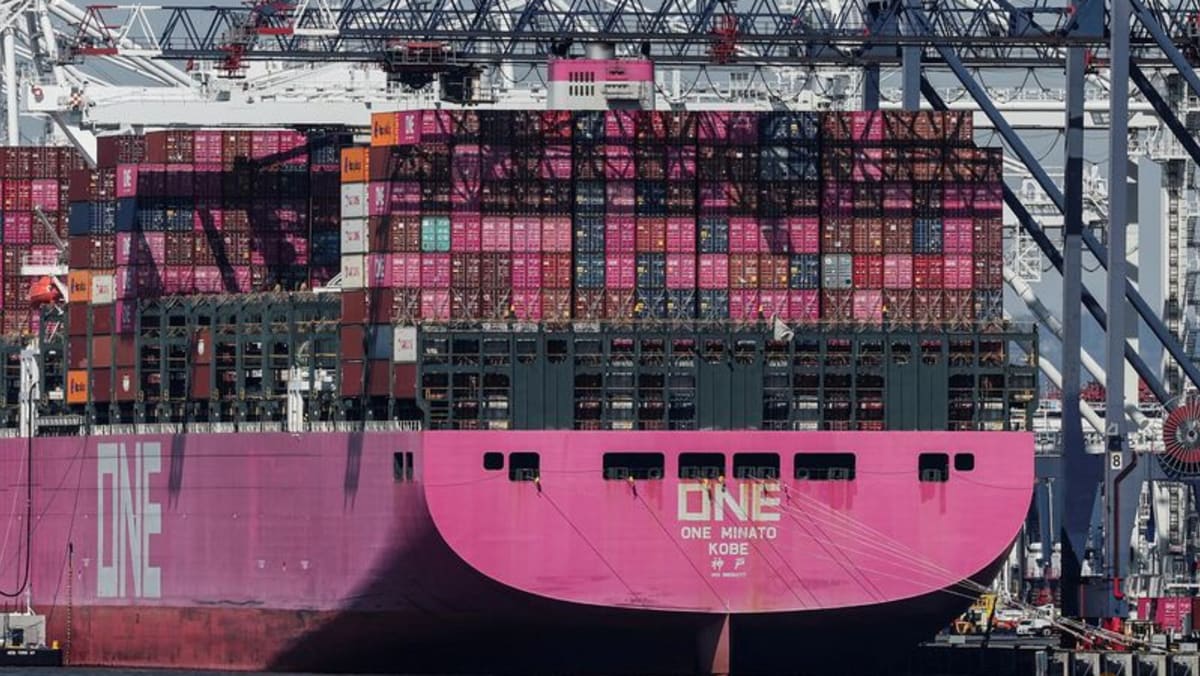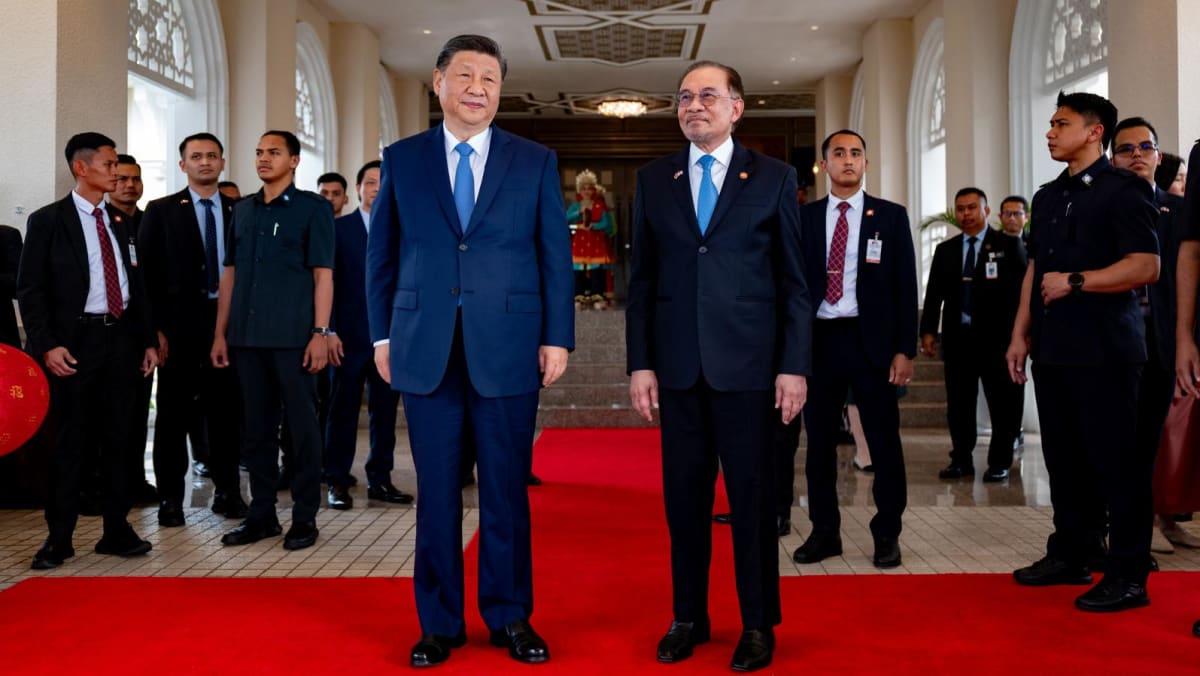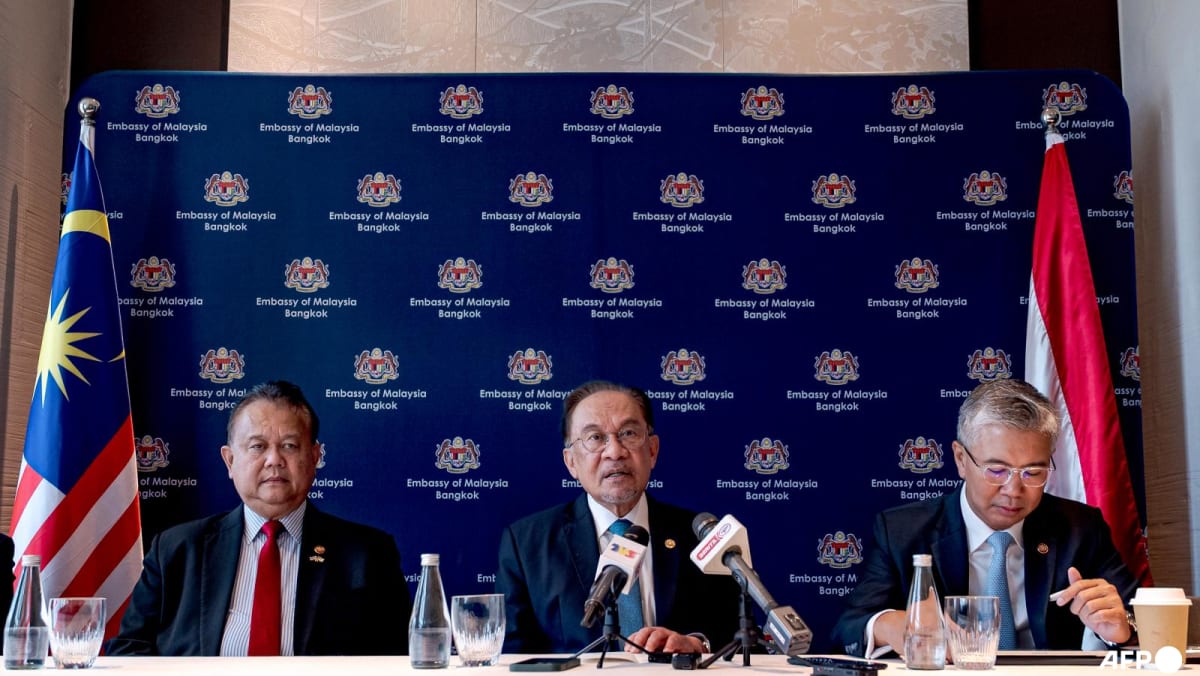President of the Malaysia Semiconductor Industry Association Wong Siew Hai told CNA that firms in that sector are hoping for the best but planning for the worst.
“It’s not business as usual right now, because we are waiting to see how much … we get hit (in tariffs),” said Wong.
“If you hope for the best, it will be 10 per cent. But if you prepare for the worst, I guess it’s 24 per cent (similar to Malaysia’s reciprocal tariff rate) and hopefully not higher,” he added.
Wong said there was no halt in production of semiconductor chips being exported to the US presently, but acknowledged the uncertainty is not healthy for the sector.
The 90-day limbo will likely trigger spillover effects in the semiconductor supply chain, said business consultant Samuel Tan, who is also president of the Johor-Indonesia Business Chamber.
“Even with the 90-day reprieve, the environment of uncertainty is not good for the manufacturers. They will not be willing to buy parts for future production and this will disrupt the entire supply chain,” said Tan.
Semiconductor tariffs could be higher than the 24 per cent reciprocal tariffs slapped on Malaysia, trade expert Deborah Elms said.
Semiconductors and electronics are “at particular risk” as these are going to be subject to a different type of tariff regime, she said. “Even if reciprocal tariffs go away or get reduced, something similar is less likely for goods under Section 232.”
Besides semiconductors, Elms noted lumber is being considered for investigation under Section 232 and, by extension, this could impact furniture imports.
“Although I do not think this will capture furniture, the Trump team likes to take a very broad definition of a sector. (It’s something) worth watching (out for),” said Elms, who is head of trade policy at Hinrich Foundation and founder of the Asian Trade Centre.
According to figures published by Trading Economics, furniture accounted for around 3.6 per cent of all exports from Malaysia to the US in 2024 – the fifth-highest sector behind semiconductors, machinery, medical apparatus and rubber.
KS Design’s Ng said many Muar furniture manufacturers are concerned that timber and furniture could become a tariff category of their own.
“We are a bit concerned …. that timber could be included as a separate tariff and that it will be more than the 24 per cent (reciprocal tariff for Malaysia),” he said.
PALM OIL, RUBBER GLOVE COMPANIES COULD BENEFIT
Speaking at a press conference on Monday after the National Geoeconomic Action Council meeting, Minister of Investment, Trade and Industry Tengku Zafrul Abdul Aziz acknowledged there are some sectors of the economy which “could even benefit” from Trump’s tariffs.
He did not specify which sectors, but industry players and observers say rubber, palm oil and even semiconductors could gain. The caveat, however, is that US policies could rapidly change, making long-term predictions difficult.
Nivas Ragavan, vice-chairman of the Federation of Malaysian Business Associations (FMBA), told CNA that while the tariffs are not ideal, being subjected to a lower rate than regional neighbours offers Malaysia a competitive edge.
It could be incentive enough for certain US buyers and investors, particularly in sectors like manufacturing, electronics and medical supplies, to buy from Malaysia, he said.


